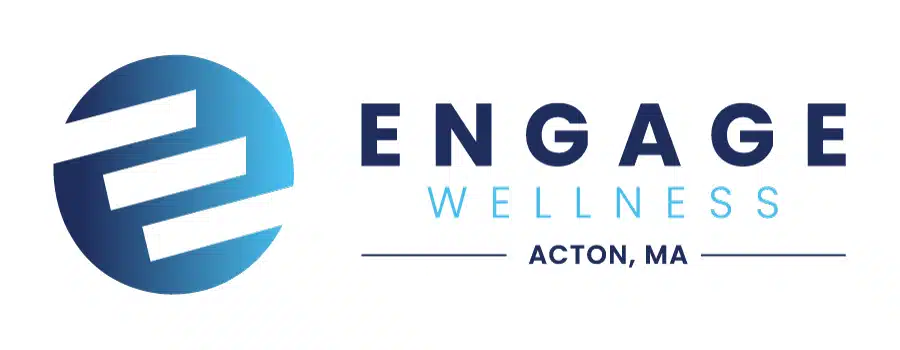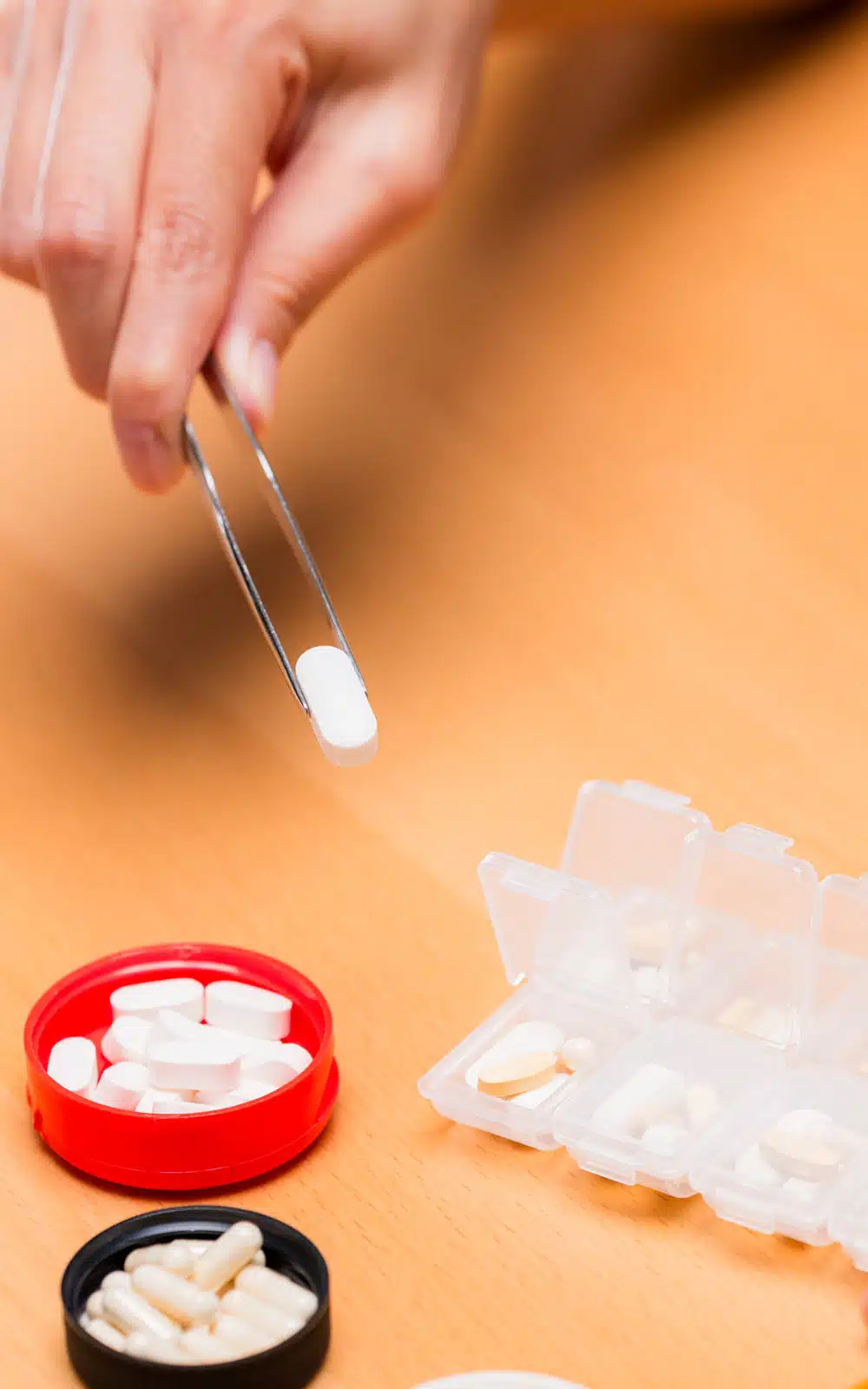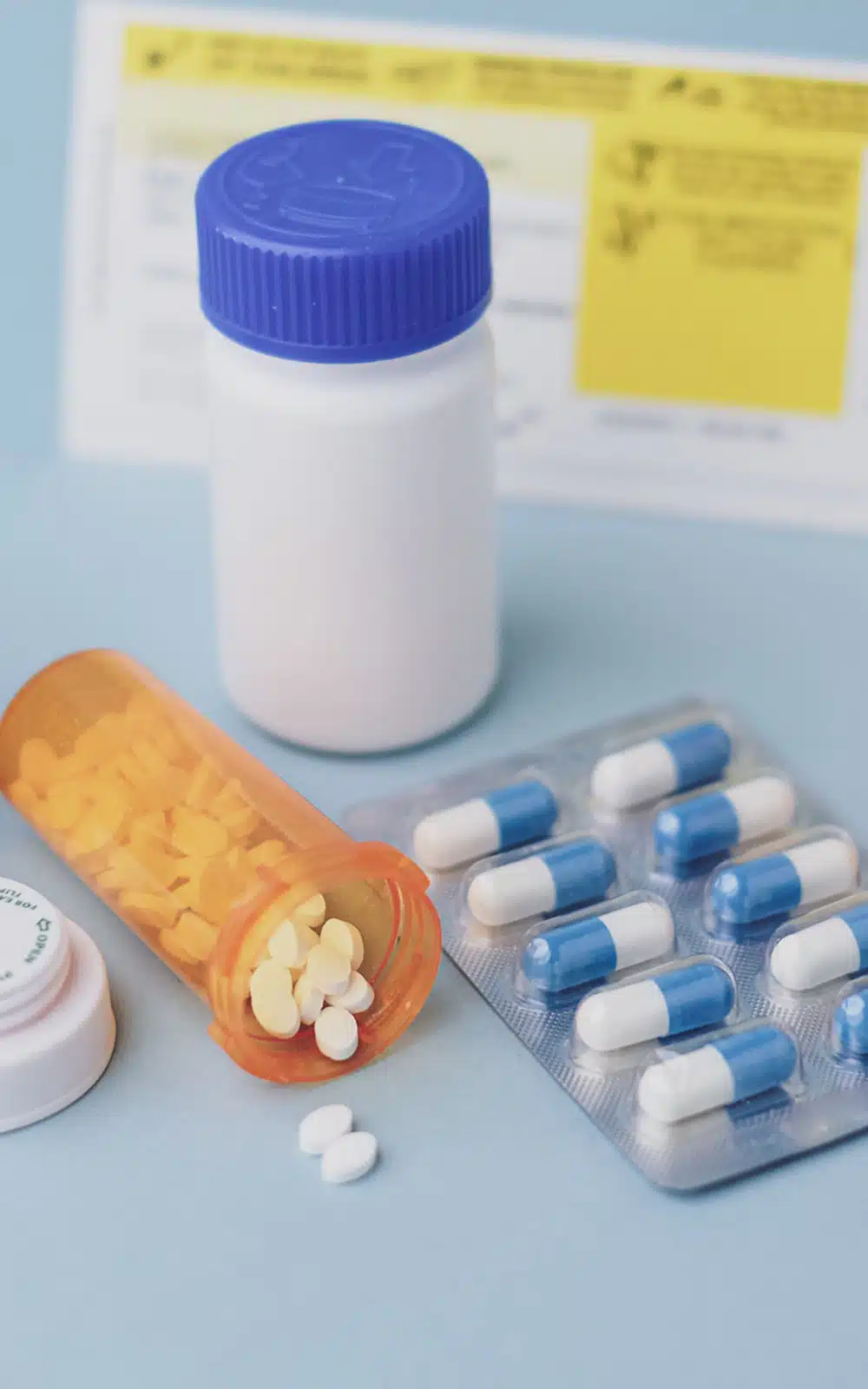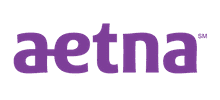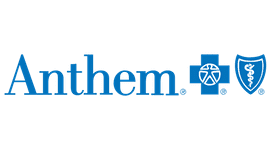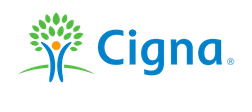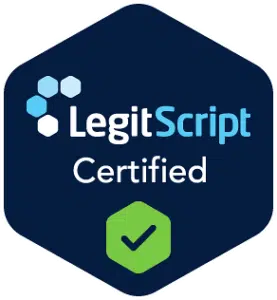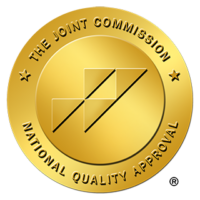Alternative Drugs Detox
Alternative Drug Detox: Detoxification for Those Using Street and Other Drugs
Substance use disorder often focuses on mainstream, controlled substances, such as cocaine, opioids, and cannabis. Yet, alternative drugs, those with fewer legal restrictions that can still cause pharmacological effects, are just as worrisome. Drug detox treatment may be necessary to help break the controlling dependency these drugs often cause.
Some seek alternative drugs because of their hallucinogenic or dissociative benefits. Others seek drugs that work as stimulants or sedatives. Not all of these drugs are Schedule I illegal substances, and many are easier to obtain because there are fewer restrictions on them. This leads to the development of addiction and dependency in many who use them. These drugs, such as jimson weed and DXM, can be nearly impossible to stop using on your own.
For many with drug addiction treatment, the best first step is detoxification, a process that eliminates the presence of the chemical from the body, allowing a person to regain mental clarity and start working on recovery.
What Is Alternative Drug Detox?
Detoxification, or detox, is the process of supporting a person with dependency when they stop taking that substance. Detox involves several interventions that manage acute intoxication and withdrawal symptoms. The goal of detox is to clear the substance from the body with minimal physical and mental health complications along the way.
Engage Wellness Acton helps those with addiction and dependence by partnering with well-respected and reliable detox centers in the area. Then, we provide the necessary ongoing support after this critical initial stage.
Examples of alternative drugs that may warrant the use of drug detox treatment include:
- Gamma-hydroxybutyrate (GHB)
- Peyote
- Bath salts
- Jimson weed
- Psilocybin
- Spice
- Salvia
- Mushrooms
- Flakka
Detox may be recommended if a person has used the substance for a long period of time, has tried to stop using it but failed to do so, or uses large doses of the substance. In these situations, sudden abstinence could disrupt the brain to the extent that it creates an intense risk for medical and mental health complications.
What Happens During Detox?
To overcome addiction and dependence, it is necessary to stop using the substance altogether.
Some, though not all, substances create changes in the structure and function of the brain. As they do, the brain becomes reliant on that substance. When the substance is no longer present, intense withdrawal symptoms occur. In a professional drug detox treatment program, those symptoms are carefully managed through several steps:
- Intake : A licensed medical professional interviews the client to get to know the type of alternative drugs they are using, how much they are using, and when their last use was. A psychiatric exam is also completed to determine if any underlying mental health complications exist.
- Detoxification : For about 48 hours, a person will remain present in the detoxification center going through active detox. The length can vary widely based on the type of substance. During this process, the body’s natural cleansing occurs, and the toxins are removed. Support is provided during this process to minimize complications to health and mental well-being.
- Post-detoxification : Detox requires a “cooling off period,” a time for a person’s health and mental well-being to stabilize, before they continue with drug addiction treatment.
As noted by the Substance Abuse and Mental Health Services Administration, detoxification is the process of evaluating, stabilizing, and fostering patient readiness for drug addiction treatment. It is not treatment itself but only a period of time during which the healing process begins.
Detox Process
Depending on the substance, the first 12 to 48 hours (and sometimes longer) are critical for the drug detox process. Many factors impact this, including a person’s body mass, the type of substance, the amount of substance, and the length of their continued use. Most often, the first 48 hours are critical.
Consider the following expectations through the drug detox process noting this will differ based on the substance:
Types of Alternative Drug Detox
The type of drug detox utilized depends typically on the substance used. Not all people require inpatient detox, and some may be able to manage it on their own. Because there is such a range of alternative drugs, with many having unknown complications, a client may wish to reach out to an alternative drug treatment center to learn whether they offer professional detoxification for that substance and the potential side effects and risk factors for complications from detox.
Finding the Right Alternative Drug Detox Facility
Individuals at risk for medical or mental health complications when they stop using an alternative drug they are dependent on may need to begin their recovery with drug detox treatment. Engage Wellness Acton does not directly provide the drug detox process but does work closely with numerous organizations within the region that can provide a safe place to detox.
From there, patients can move into direct treatment with our licensed therapists and substance use disorder counselors. Drug addiction treatment does not end with detox. It gets the treatment started. If you or a family member are struggling with drug addiction in any form, set up a consultation with a counselor today to discuss your specific drug use and options.
Let us help you find the appropriate drug detox center or begin drug addiction treatment at Engage Wellness Acton Contact us now to learn more about the services and resources we can offer to start the recovery process.
